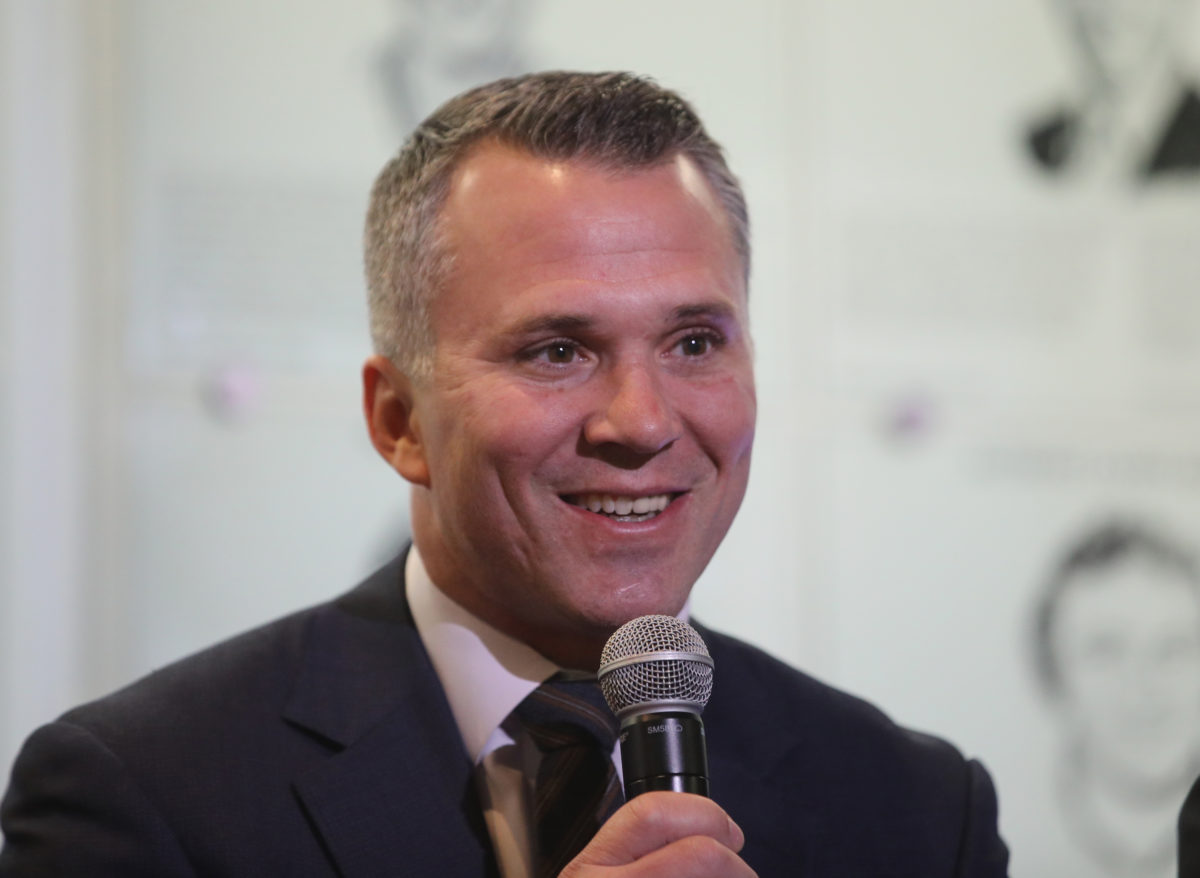

July 31st has been a significant date in hockey history, filled with noteworthy player signings, coaching milestones, and memorable moments that have shaped the sport.
One of the most impactful events on this day occurred on July 31, 2000, when the Tampa Bay Lightning signed Martin St. Louis. St. Louis, an undrafted player who had previously played for the Calgary Flames, transformed into the face of the Lightning franchise. He spent 13 seasons with the team, amassing numerous accolades and becoming a fan favorite. St. Louis led the NHL in scoring in 2004, winning the Art Ross Trophy, the Hart Trophy, and the Lester B. Pearson Award. That same year, he helped the Lightning win their first Stanley Cup championship. His number 26 was the first ever retired by Tampa Bay.
In other player news, on July 31, 1995, the Philadelphia Flyers signed free agent Joel Otto, who had previously won a Stanley Cup with the Calgary Flames in 1989. Otto played three seasons with the Flyers, contributing 28 goals and 80 points in 213 games. The Carolina Hurricanes signed veteran defenseman Kevin Hatcher on July 31, 2000. Hatcher spent the previous season with the New York Rangers and played 57 games for the Hurricanes in what would be his final NHL season.
July 31st also marks coaching milestones. On July 31, 1980, Gerry Cheevers retired as a player and immediately replaced Harry Sinden as the coach of the Boston Bruins.
Transactions and front office moves have also occurred on this day. On July 31, 1989, the Pittsburgh Penguins hired Les Binkley as a scout. Binkley, who was the starting goaltender for the Penguins' inaugural season in 1967-68, remained with the team's scouting staff during their back-to-back Stanley Cup wins in 1991 and 1992. The Nashville Predators acquired defenseman Andy Delmore from the Philadelphia Flyers on July 31, 2001, in exchange for a third-round pick in the 2002 NHL Entry Draft.
These events, among others, highlight the significance of July 31st in hockey history, demonstrating how player signings, coaching changes, and front office decisions can impact the trajectory of teams and the careers of individual players.